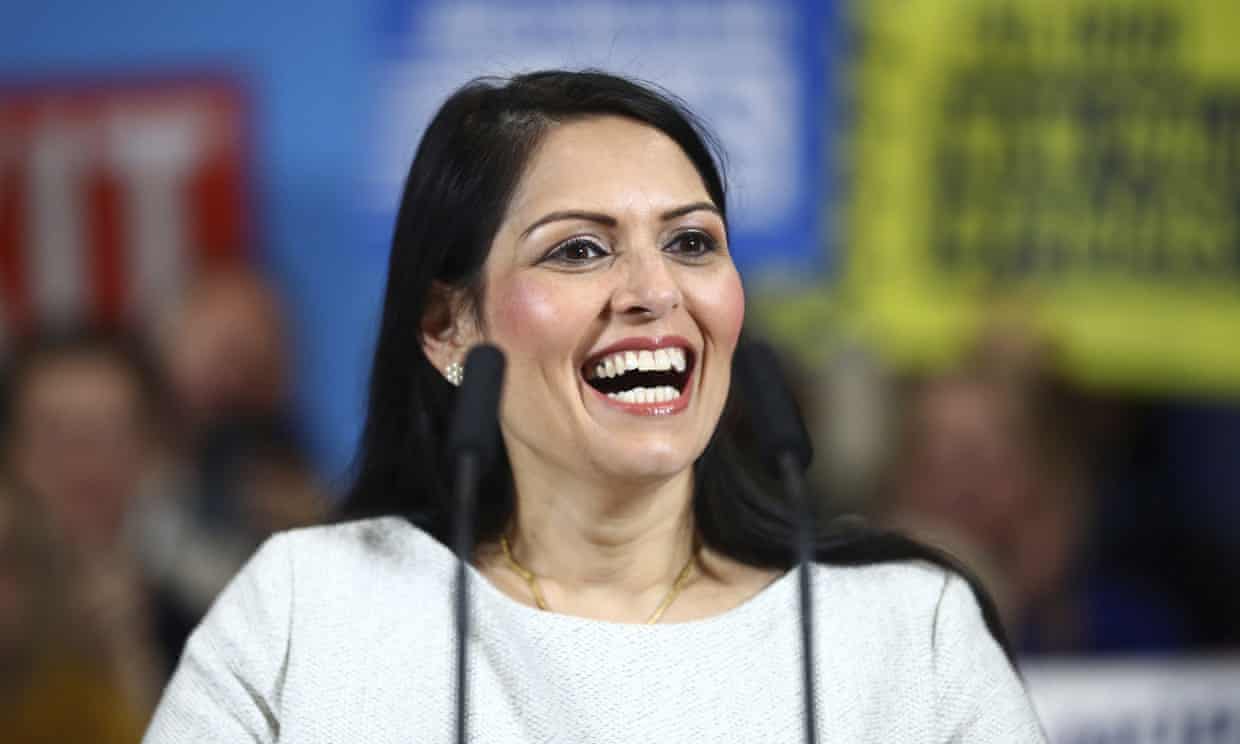
Factcheck: a Labour government would not mean an extra murder a week
by Jamie GriersonTory research claims party’s opposition to stop and search would lead to a crime surge
Claim
A Labour government would mean 52 more murders and 146 more sexual assaults or rapes a year, the equivalent of an additional murder every single week.
Background
The Conservative research department, the same body that brought the widely derided claims that a Labour government would oversee a rise in net migration to 840,000 a year and that Labour’s spending plans would cost £1.2tn over five years, has issued findings that it claims show a Labour government would make Britain’s streets less safe.
The central claim is that Labour’s supposed opposition to stop-and-search powers for police would see a surge in crime every year, including the specific claim of 52 additional murders.
The report also claims there would be 882 more firearms on the streets and 146 sexual assaults or rapes.
The “research” was cited by the current home secretary, Priti Patel, in an article written for the Daily Telegraph.
Reality
On the specific issue of Labour policy on stop and search, the party’s 2019 manifesto says:
Proportionate stop and search based on intelligence is a needed tool of effective policing, but the use of expanded powers means black and Asian men are still more likely to be stopped and searched, poisoning relations between the police and the local communities they serve.
It is correct that Jeremy Corbyn, Diane Abbott and others have been critical of the use of stop and search. But the manifesto does not advocate scrapping the tactic.
There are Conservatives who share a mistrust of stop-and-search powers, among them the former prime minister, Theresa May. When she was home secretary she introduced reforms to the use of the tactic, telling MPs: “Nobody wins when stop and search is misapplied. It is a waste of police time. It is unfair, especially to young, black men. It is bad for public confidence in the police.”
The spurious calculations made by the Conservative research department have been published in a separate document.
The department has used official statistics from the Home Office on how many people have been arrested for possession of an offensive weapon or firearm as a result of the use of a stop-and-search power and then, using separate figures from the Office for National Statistics, extrapolated estimates of crimes that the weapons could have been used for.
The report itself reveals it is based on the assumption that anyone arrested for the possession of an offensive weapon or firearm would have gone on to commit a crime at some stage had it not been seized by the police. This is an assumption that can not be proven.
The inherent problems of stop and search are laid bare in the document but pass without comment. One of the tables shows the rate for stop and searches resulting in an arrest, which has not been higher than 17% in the last 20 years.
The College of Policing, the professional standards body that provides research to inform police tactics and approaches, in 2017 concluded that there was only limited evidence that stop-and-search tactics had a meaningful deterrent effect on crime.
Last month, Ministry of Justice figures showed that black and Asian people are being subjected to more stop and searches by police while the tactic is being used less on white people.
The proportion of stop and searches carried out on white suspects fell from 75% in 2014/15 to 59% in 2018/19 but rose for “all minority ethnic groups”, the MoJ said. The largest increases were from 13% to 22% for black suspects while the number carried out on people from Asian backgrounds rose from 8% to 13%. In the last five years, the proportion of stop and searches involving black suspects in London rose from 30% to 37% and is now equal to the number carried out on white suspects.
There are other areas the Conservatives could focus on to reduce violent crime, but they are not. The government’s own serious violent crime strategy states that like other types of crime and antisocial behaviour, violent crime has a clear link to “poor life outcomes”. Low educational attainment, poor health including mental health, unemployment, socio-economic factors, weak ties to family and exclusion rates all have links to violent crime.
A global study on homicide by the UN office on drugs and crime found that inequality and poverty had a bearing on the murder rate of a country.
There is little mention in the Conservative manifesto on addressing these links, whereas Labour proposes to build youth services and invest in a youth justice system in which schools, local authorities, health authorities and youth services divert young people away from the pathways towards crime.
Furthermore, the number of murders recorded by the police rose from 434 in the year to March 2015 to 592 in the year to March 2019, 158 more murders.
Boris Johnson was challenged by LBC’s Nick Ferrari on Monday over the claims and was unable to explain where the figures had come from – even the prime minister does not appear to be willing to stand by them.
Verdict
To quote Ferrari: “Unless she’s Mystic Priti, this makes no sense at all.”